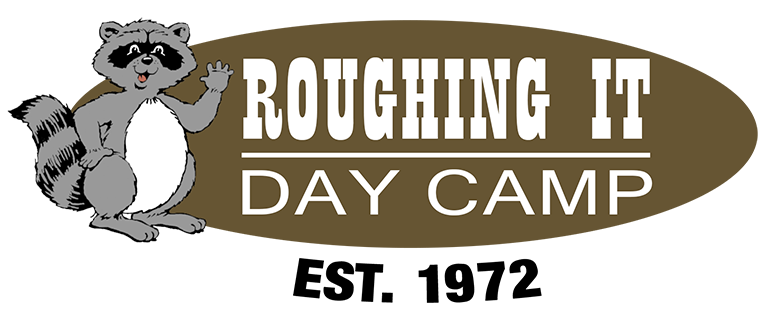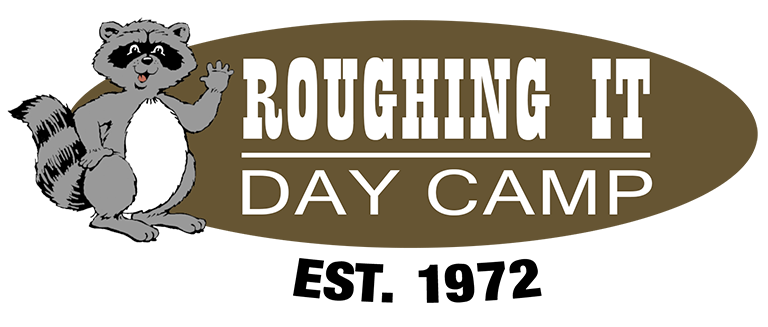As parents we all want our children to grow up as happy, successful adults, and we always look for ways to help them develop these skills. According to “Seven Ways to Foster Gratitude in Children” by Jeffrey Froh, “gratitude plays a major role in [an] adult’s well-being and success,” and most recently it has been found that gratitude had the strongest relationship to life satisfaction when evaluating the happiness level of the lives of children and adolescents. Gratitude not only helps people form, maintain, and strengthen supportive relationships, but it also helps people feel connected to a caring community.” For years, summer camps have developed a community that fosters the development of gratitude, and teaches children how to be appreciative.
Children who attend summer camp gain a plethora of life skills including confidence, self-reliance, resiliency, the value of hard work, teamwork, independence, all while learning the value of being outdoors and being part of nature. The underlying value of all of these life skills is gratitude and compassion. It is within the framework of summer camp that children develop what can be described as gratitude, awakening, and wonder. Or, in other words, summer camps teach children how to be appreciative. Here are some of the ways summer camps teach gratitude:
1. Feeling Supported: Summer camps offer a social system of support for their campers through strong relationships between campers and counselors, campers and their activity instructors, and between campers and campers. Children quickly learn they can rely on the people around them, and therefore they quickly realize how many people are relying on them as well. Campers feel supported and needed, and the result is they are happier and more optimistic and willing to provide more social support to others. Camps do lots of group building activities that help children learn to trust others, work together as a team and appreciate everyone in their group. Some activities include making friendship bracelets, or having everyone write down things they appreciate about each other in friendship journals.
2. Being Part of a Community: Camp helps connect children so they can see how their actions affect other people and situations. During a typical day at camp, they participate in group building activities that incorporate camp traditions. This allows them to both collaborate with each other by working together as a team, and experience what it means to be a part of a larger community. By working together, they begin to be more in tune to the needs of others, and learn to put other people’s need before their own.
3. Role Models: Counselors and camp staff model gracious behavior and support campers as they learn the culture of camp, including how to respect and appreciate everyone in their group. They lead by example, communicate positively, encourage campers to support each other, set guidelines for being respectful and model these through their actions and words. Many counselors create routines and use activities to start and end their camp day with campers sharing something they are grateful for. By seeing their counselors modeling gratitude and appreciation, children can learn how to put it into practice themselves.
4. Opportunity to Fail: Camp provides a microcosm environment for children to interact with and react to that is both physically and emotionally safe. This allows children opportunities to safely fail and gain the resiliency they need to try something again until they succeed. This also helps them learn to appreciate their successes more and experience working towards a goal.
5. Help Out: All campers are expected to help out and do their part while at camp. Everyone participates in clean up and general camp upkeep as part of camp living with their group. This encourages campers to learn responsibility and basic life skills. Many camps have extra projects for campers and responsibilities for different age campers. For the younger campers it may just be helping their group do an activity, clean up, being a special helper, or helping a counselor pass out art supplies. For older campers they may a buddy or mentor with younger campers, lead activities, participate in service projects, show newcomers the ropes and teach the camp traditions. Camp encourages children of all ages to pitch in to help out for the greater good of the community. Campers enjoy feeling needed and enjoy being part of the success of camp.
It is important to foster gratitude within children both at home and outside in their community. Here are some of our favorite Camp Activites that Teach Gratitude to Children. Many of these activities can be adapted to use at home too. Keep in mind, the more opportunities children have to practice gratitude, the more likely they will develop the skills to become happy, thriving, successful adults.




